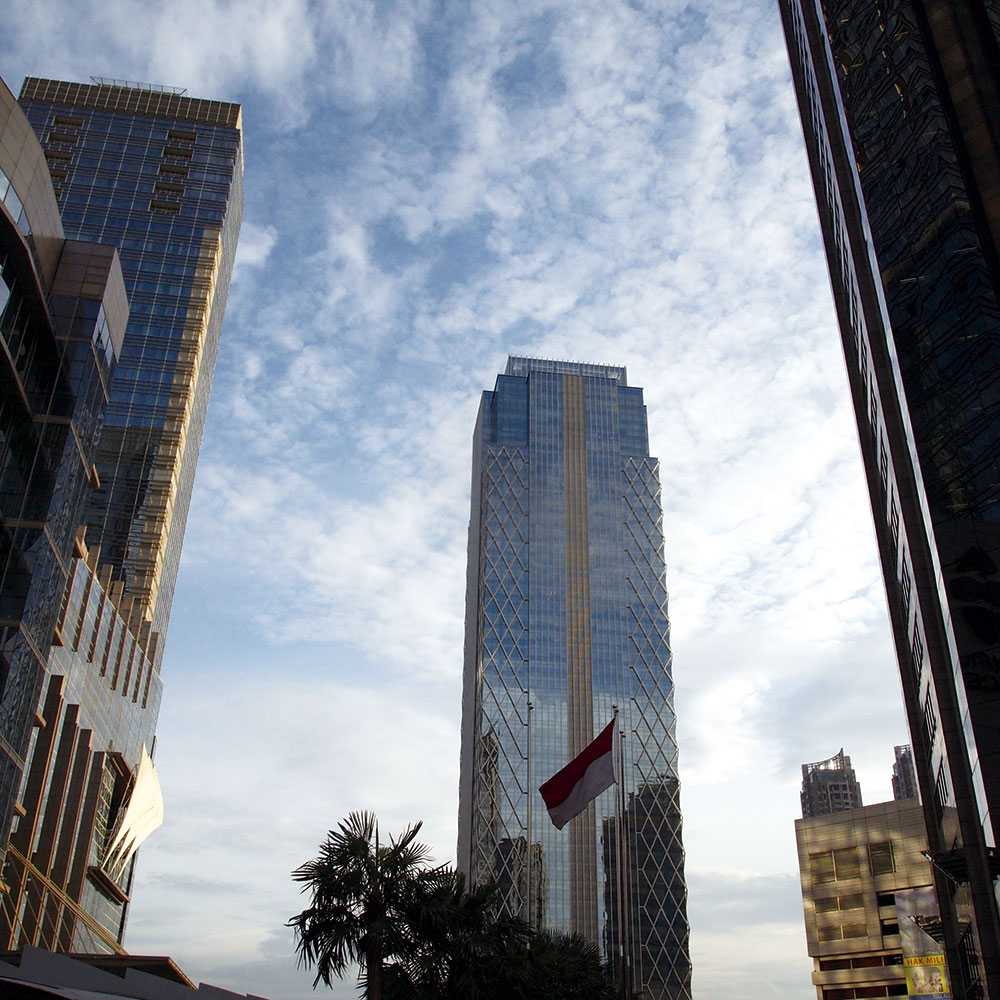 By Dini Retnoningsih and Indra Aditya Pambudy
By Dini Retnoningsih and Indra Aditya Pambudy
E: dini@lgslaw.co.id • indra@lgslaw.co.id
The Indonesian government and the House of Representatives are currently in the process of drafting the Draft Bill on the Restriction of Hard-Cash Transactions. The objective of the restriction is to support the national non-cash policy and the national inclusive financial strategy, and more importantly to prevent and eradicate criminal acts and money-laundering activities. If the Draft Bill of 2017 is enacted, it will revoke and replace Law No. 18 of 1946 on the Obligation to Deposit Money in Banks.
Scope of restriction
The Draft Bill of 2017 restricts “hard-cash transaction”, defined as the withdrawal, disbursal, purchase, payment, gifting, sales and other activities using banknotes and coins, whether in rupiah or other currencies. Under this bill, unless otherwise exempted, any person (individual or corporation) may undertake hard-cash transactions in a maximum of amount of Rp 100 million or its equivalent in one day, whether under a single or multiple transactions. The bill further prohibits hard-cash transaction in excess of the Rp 100 million limit – any transaction exceeding this limit must be undertaken through a financial service provider that facilitates payment services (see Articles 3(3) and 4(1)).
Under Articles 5 and 6 of Draft Bill of 2017, any person, must also refuse hard-cash transaction exceeding 100 million rupiah or its equivalent in foreign currency. All public officials must also refuse to draw up deeds that accommodate the hard-cash transaction which violates such limitation. Violation of the above provisions will be subject to sanctions in accordance with the prevailing laws and regulations. Any agreement, which involves hard-cash transaction that violates the said limit, will be void by law (see Article 7).
For foreign currency, Bank Indonesia’s middle exchange rate at the time of the transaction will apply.
Exemptions
Article 9 (1) of the Draft Bill of 2017 exempts certain transactions from the limit. Hard-cash transactions that are exempted include transactions:
a. that are undertaken by financial service providers with the government and the central bank;
b. that are undertaken between financial service providers for the purpose of conducting their own business operations;
c. that involve the withdrawal of cash from banks for the purpose of the payment of salaries, allowances and wages (including official bonuses, honorariums, remunerations and incentives);
d. for the purpose of paying taxes and other obligations to the state;
e. for the purpose of executing an official court decision;
f. for cash-in-transit purposes;
g. for medical expenses;
h. for mitigation of the impact of natural disasters;
i. for legal enforcement purposes;
j. that are being placed or deposited with a financial service provider;
k. that involve the handover of foreign banknotes for the purpose of foreign currencies trading; and
l. that are being undertaken in areas where a financial service provider that facilitates payment does not yet exist or lacks proper payment-system infrastructure.
The exemption above is subject to further KYC-related requirements being met. Under certain circumtances, the financial service provider is required to refuse such hard-cash transactions and report it to the Indonesian Financial Transaction Reports and Analysis Centre (Pusat Pelaporan dan Analisis Transaksi Keuangan/PPATK) as a suspicious financial transaction (see Articles 10 and 11 of Draft Bill of 2017).
Restrictions on the carriage of foreign banknotes
The Draft Bill of 2017 introduces new provisions on restriction on the carriage of foreign banknotes, which were not featured in the Draft Bill of 2015. Article 18 of the Draft Bill of 2017 requires any person who carries foreign banknotes in certain amounts to or from Indonesia’s customs territory to obtain an approval from Bank Indonesia. Aside from Bank Indonesia’s approval, the carriage of foreign banknotes or other payment instruments with values above Rp100 million or its equivalent should now also be reported to the Customs and Excise Office as required under Government Regulation No. 99 of 2016 on the Carriage of Hard-Cash and Other Instruments of Payment into or out of Indonesian Territory.
Transitional provisions
If the Draft Bill of 2017 becomes law, agreements containing provisions on the settlement of payment of hard-cash transactions that were entered into before this law comes into force will remain valid and in-force until the period of the implementation of the agreement expires. The provision does not apply if there is an extension to the period of the agreement.
Menara Imperium, 30th Fl. Jl. H.R. Rasuna Said, Kav. 1 Jakarta 12980, Indonesia
Tel: (62-21) 831-5005, 831-5025 / Fax: (62-21) 831-5015, 831-5018
E: dini@lgslaw.co.id • indra@lgslaw.co.id W: www.lgslaw.co.id




















